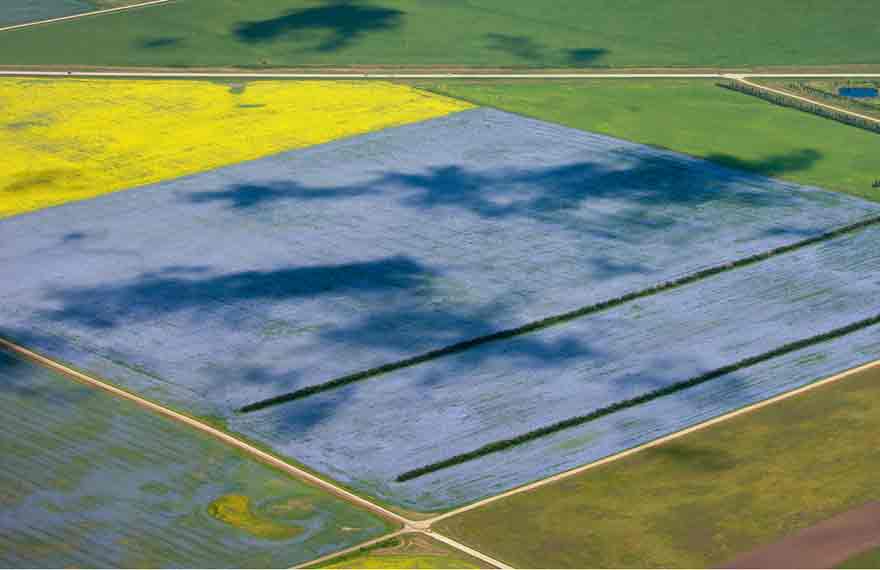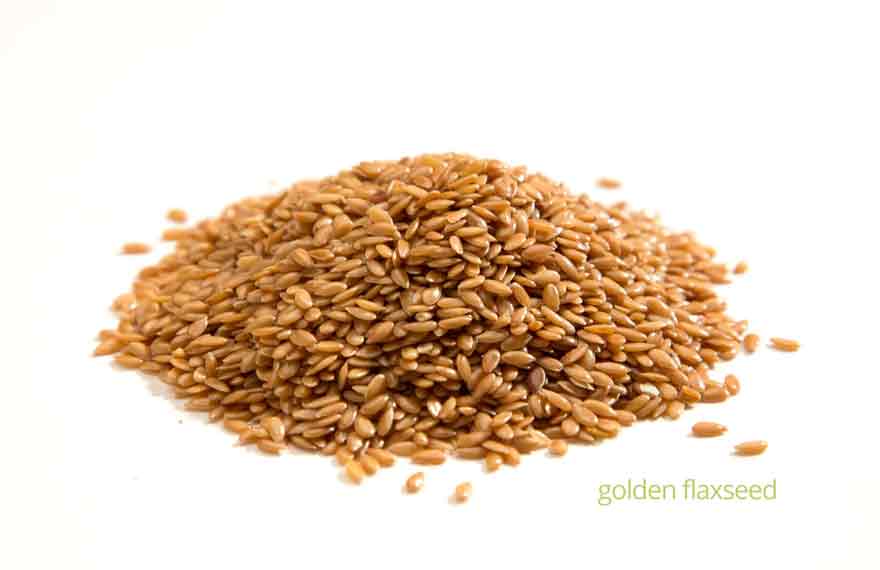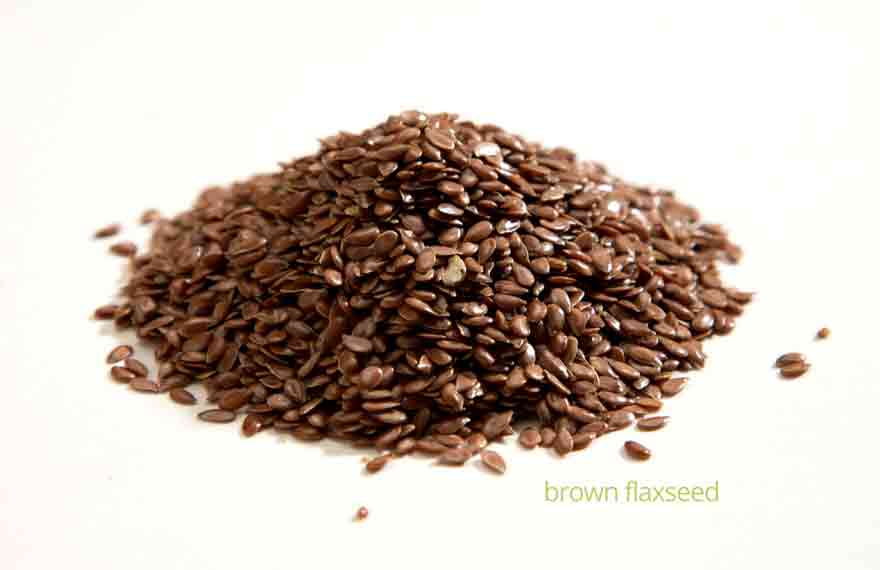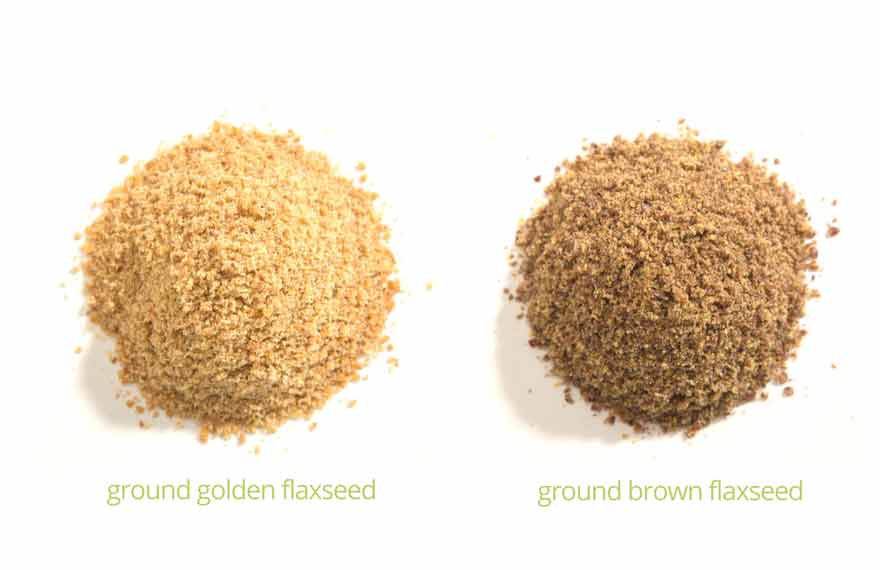All About Flax
Flax is a blue-flowered plant grown in the cool, northern climate of the Western Canadian prairies and the Northern United States. The seed from flax is full of disease-fighting compounds, including omega-3 fatty acid alpha-linolenic acid (ALA), fibre, lignans (which are powerful antioxidants) and high-quality protein. Flaxseed has been found to help protect against heart disease, inflammatory disorders and certain cancers.
 Aerial View of a flax field.
Aerial View of a flax field.
Buying Flaxseed
Find brown or golden flaxseed at your local grocery store or health food store.
- Whole flaxseed in the packaged grains or bulk food section.
- Ground flaxseed is usually found in the packaged grains or bulk food section.
- Flaxseed oil is found in the refrigerated section.
Golden and brown flaxseed are nutritional the same and can be used interchangeably. It's really a matter of choice, but be assured that you can substitute golden for brown and vice versa without sacrificing any of the natural goodness in flaxseed. Flaxseed can also be found in numerous ready-to-eat products including snack bars, trail mixes, muffins, pancakes, cereals, waffles, breads, pastas, pizza crusts and more.



Grinding Flaxseed
Whole flaxseed is high in fibre, but grinding axseed will release omega 3 fats, phytoestrogens and more fibre. You can grind flaxseed using a spice mill, coffee grinder, or food processor or blender.
 Nutritional Benefits of Flaxseed
Nutritional Benefits of Flaxseed
Flaxseed contains:
- omega 3 fats
- soluble fibre
- insoluble fibre
- antioxidants
- phytoestrogens
Research shows that eating ground flaxseed may help:
- Lower cholesterol
- Protect against heart disease
- Lower the risk of breast and prostate cancers
- Improve blood sugar control
- mprove digestive health
- Reduce Inflammation
- Reduce hot flashes in menopausal women
Try to get #2TbspFlax every day
Aim to eat 2 Tbsp (30 mL) of ground flaxseed per day. Start slowly with 2 tsp (10 mL) per day to let your body adjust, then work your way up.
